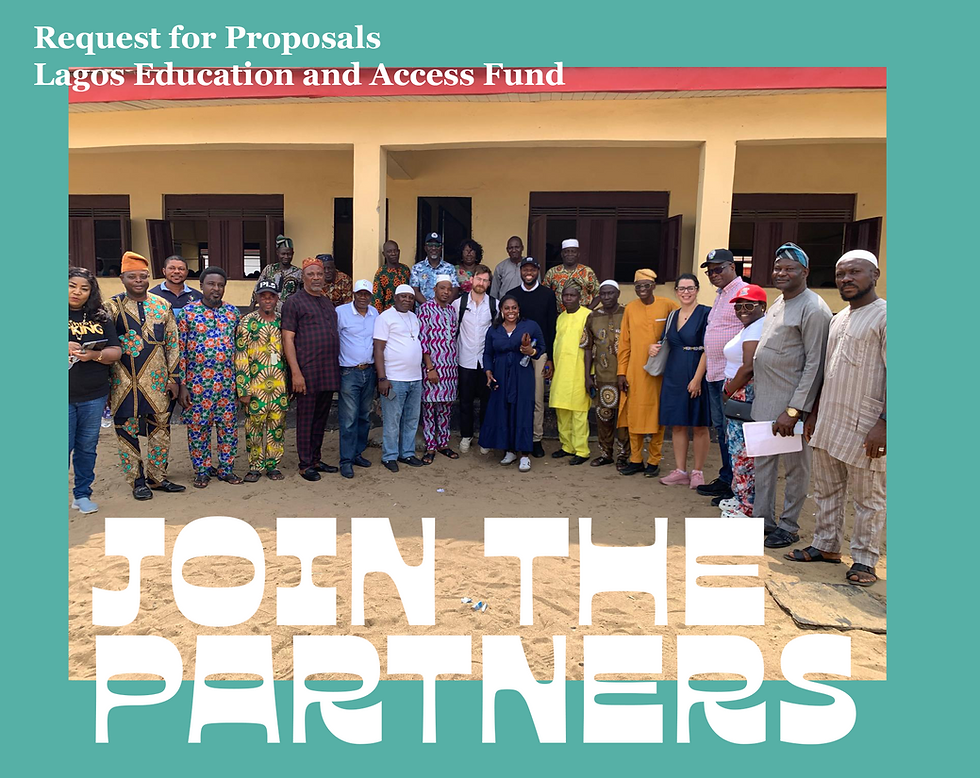Scaling Quality in Early Childhood Education with Results-Based Financing
- Aug 17, 2021
- 2 min read
Updated: Sep 26, 2024
While the global education community broadly knows ‘what works’ to achieve early childhood learning and developmental outcomes for children, implementation of high-quality, inclusive, and child-centric programs has lagged far behind best practice. So how can governments and policymakers identify and scale successful approaches to early childhood education (ECE)? This question was at the heart of a recent Education Outcomes Fund (EOF) webinar held on the side-lines of the Global Education Summit, in which experts agreed that results-based financing offers a promising approach to solving this critical issue.
In particular, results-based financing (RBF) approaches can help all actors in fragmented early childhood systems align around a shared understanding of quality. As identified by Adelle Pushparatnam, Education Specialist at the World Bank, there is an important distinction between access and quality. In the past 20 years access has increased tremendously with global enrolment rates in ECE having nearly doubled. However, access does not equal quality—children being in school does not necessarily mean they are learning.
Even where countries have focused on the quality of ECE programs, much of the emphasis has been placed on ‘structural’ quality—that is the physical environment of the program—rather than on ‘process’ quality—the interactions between children and teachers—that are at the heart of improving developmental outcomes. Panelists discussed how RBF could be a powerful tool to advance quality in early childhood by supporting education systems to shift their focus and ways of working towards measuring and managing what matters by creating strong alignment and greater accountability of actors within a delivery system.
In fact, as Jared Lee, Director of Programs at EOF explained, RBF can support the systemic generation of evidence about what is and isn’t working, allowing governments and providers to be flexible and adapt interventions based on the impact they see.
This evidence base was front of mind for H.E. Ato Jantirar Abay, Deputy Mayor of Addis Ababa, who spoke of the merits of RBF from a government perspective, explaining that when you see what works, it is easier to scale. Similarly, Alicia Herbert OBE of the UK’s Foreign, Commonwealth and Development Office spoke of the appeal of RBF from a funder’s perspective—it sets clear expectations of performance and fosters a culture of transparency.
Despite these benefits, Rob Jenkins, Global Director of Education at UNICEF, told the audience that wider buy-in from governments to the RBF approach is still needed—with the panellists agreeing on the value of champions within governments who are willing to invest time into new forms of funding and advocate its benefits to others.
From a funder perspective this standpoint was also illustrated by Sarah Bouchie, Chief Impact Officer at the LEGO Foundation, who emphasised that we need to be bold and test and try out new things, as the status quo of early childhood interventions is not working.
Transformational thinking requires a learning mindset and, with its focus on quality and delivery at scale, RBF has the potential to change the global funding landscape for ECE, ensuring all children benefit from programs that work
Watch the full webinar here .



Comments